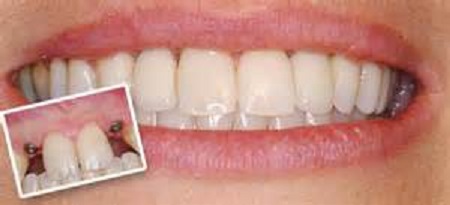Dental implants can be suitable for a range of tooth loss scenarios, and many patients will be able to take advantage of this treatment technology. We encourage you to come to our office for an evaluation to determine whether dental implants will be a good fit for you.
There are some cases in which patients will not be good candidates for immediate dental implant placement. The quality of bone tissue at the implant site is essential to long-term dental implant success, so if you have experienced bone loss after your tooth loss, it can compromise the osseointegration process.
Congenital bone defects may also present a barrier to dental implant placement. In these cases, bone grafts can provide supplemental bone tissue at the implant sites and allow patients to benefit from dental implants in the future. Additionally, children and younger teens are not good candidates for dental implant placement because their jaws are still developing, and an implant placed in a growing jaw could shift out of place. In these cases, space can be held for later implant placement when jawbone development is complete.
Patients also need to be healthy enough to tolerate the surgery needed for dental implant placement and will need to abstain from tobacco use, at least while healing from the procedure. It’s best to cut out tobacco use completely after getting dental implants.

